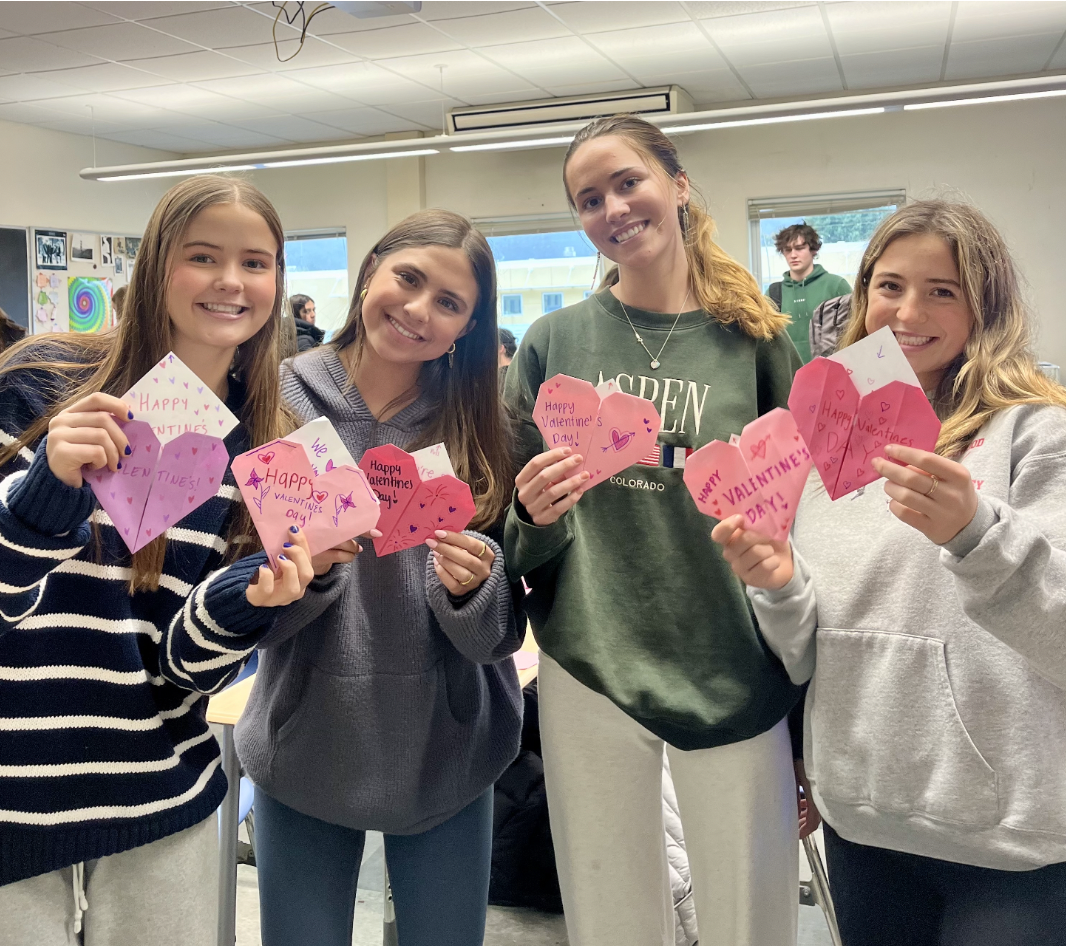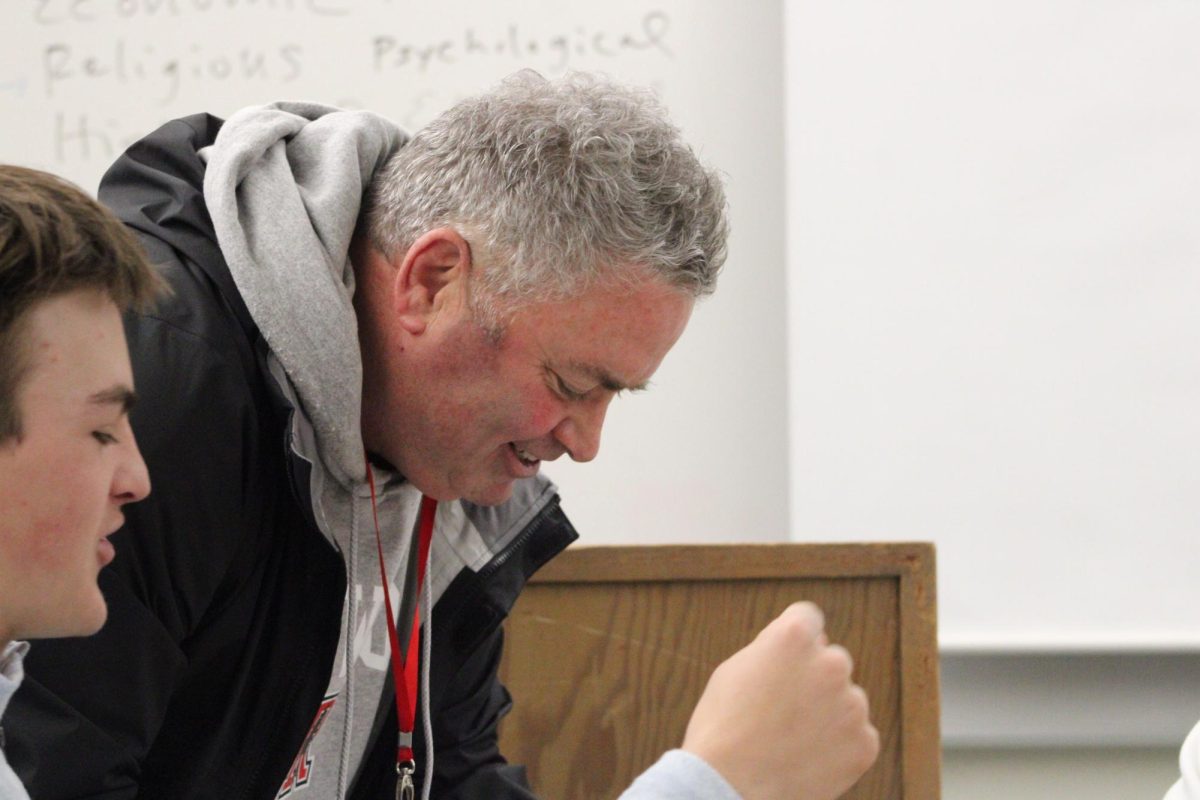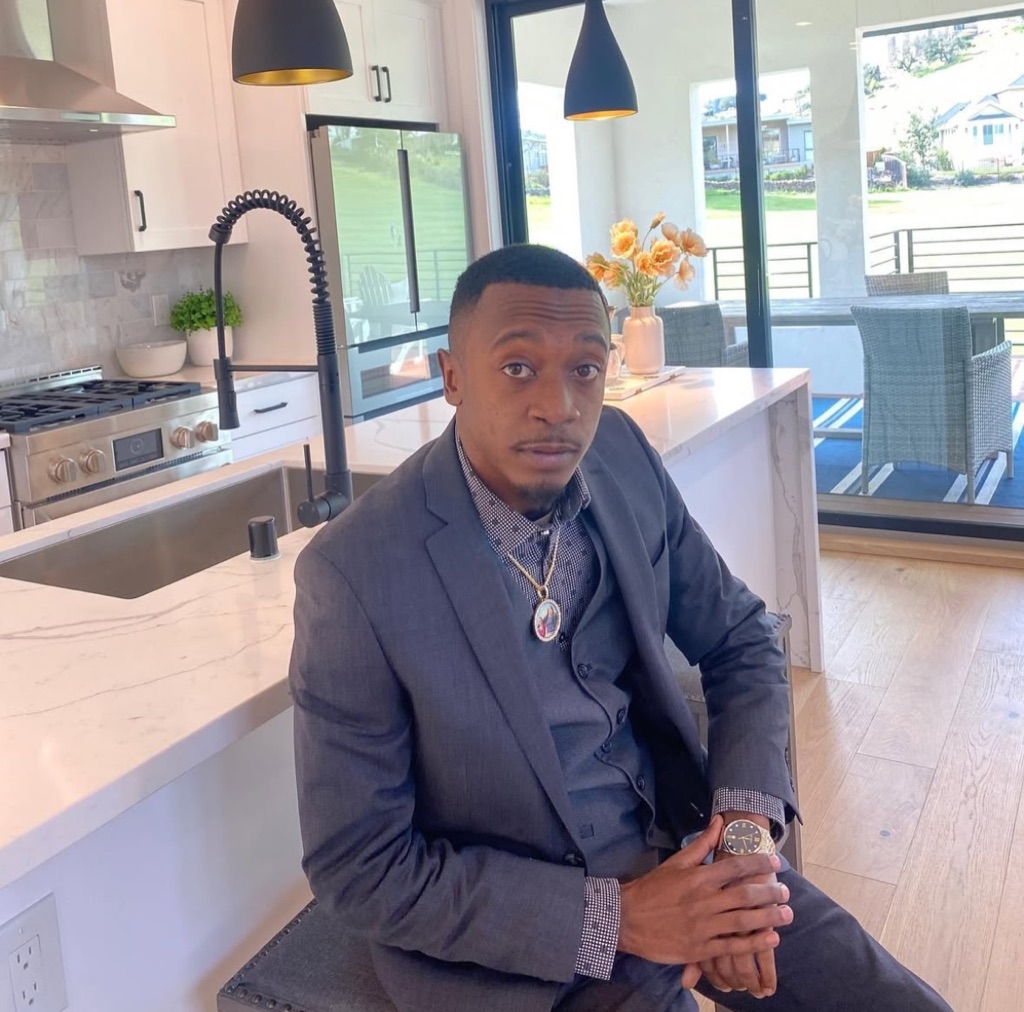The former Honors Biomedical (Biomed) class has made a return to the school’s science curriculum for the first time since 2021, this time without the “honors” designation. The class is now being taught by science teacher Caitlin Tanaka. Biomed provides students with essential knowledge to explore careers in the medical field covering everything from immunology to medical technology. This course had previously thrived under former teacher Skip Lovelady who was greatly involved in the course’s development. However, the program was abandoned following his departure, leaving a void for students interested in the medical field. Now, Tanaka’s efforts have brought the course back, once again giving students the opportunity to participate in Biomed.
“I’m combining what I did when I taught Biotech in San Francisco with Biomed. I’m trying to bring together both, but I’m also trying to ensure it [stays] true to what the Biomed course is already doing at Tamalpais (Tam) and Archie Williams. If someone’s transferring from one high school to our campus, I don’t want it to be completely different. I want to make it equitable,” Tanaka said.

(Kate Morgan)
Biomed is designed to give students hands-on experience with real-world medical techniques, providing them with early exposure to the tools and skills they may use in future careers. Tanaka’s extensive background in biotech allows her to incorporate both traditional Biomed content and newer, innovative practices. Tanaka views the class as a bridge for students interested in the medical field, helping them gain valuable experience before even reaching college.
“It goes over anything from immunology, talking about the immune system and how we use our understanding of [the immune] system to test for certain diseases or viruses,” Tanaka said. “We go into genetics, talking about how environmental factors can play a role in gene expression and how that can tie into why there are certain cancers that pop up. We go into bacteria work as well. We often use bacteria in our research because they are easily manipulated. They can tell us so much about genetics, antibiotic resistance and virology as well.”

In the labs, students participate in experiments that closely mirror those used in professional medical and research settings. This hands-on component is a critical aspect of the course, allowing students to engage directly with techniques like polymerase chain reaction (PCR) and enzyme-linked immunosorbent assay (ELISA).
“We do ELISA [lab], which is using antibodies to detect certain antigens. We do a lot of PCR, which is amplifying DNA, and detecting certain sequences. We’ll do some forensic testing with DNA as well,” Tanaka said.
This course also covers important medical research techniques that students will likely encounter if they pursue further studies in biology or medicine. Junior Roxie Monty is enrolled in the Biomed course and is interested in veterinary science.
“I’m interested in science and majoring in science during college, so I like learning about viruses, like the MBV virus,” Monty said. “I like learning about vaccines, epidemics and pandemics.”
Students can use these lab experiences to further their passion for medical-related careers.
The practical experience offered in Biomed helps students gain confidence in their abilities, particularly in lab settings. According to Tanaka, this experience is vital for students who want to enter the medical field, as it gives them a head start on the types of lab techniques they’ll encounter in college and beyond.

“I often hear students want to go into the medical field or the research side, and I feel like this class is super relevant to those different careers,” Tanaka said. “It allows them to get some exposure to certain lab techniques before they even get to college.”
Although the course has returned with a strong sense of purpose, Tanaka acknowledges that there have been some challenges in its revival.
“Whenever you’re starting a new course, there’s always going to be little hiccups, and it’s my first year teaching it in this way. So it feels, to me, like I’m still getting my footing,” said Tanaka. “Whether it’s timing of certain labs, that’s the hardest part, or timing of just lessons in general, has been a little hard. I feel like I’m getting back into it though, we’re going to get there.”
Despite the initial hurdles, the response from students has been overwhelmingly positive. Tanaka’s approach of making the course accessible, without the honors designation, has allowed a wider range of students to enroll, many of whom are interested in exploring careers in healthcare.
“I didn’t want to deter people from taking it just because it didn’t have honors in front of it. I wanted to make it accessible to everybody because I feel that’s fair,” Tanaka said.
For Monty and other students, Biomed offers an exciting opportunity to engage with science in a way that feels both practical and relevant to their futures.
“I think if you’re interested in medical research and working in the medical field, it’s [a good class to take],” Monty said.
As Tanaka continues to refine the course and build on its foundation, Biomed is once again providing students with the tools and inspiration to pursue careers in medicine. Through hands-on experiences and innovative curriculum, Biomed not only prepares students for their careers but also instills dedication to improving health.




!["I knew I wanted to be a writer. I wasn't a good student [at Redwood], but I wanted to be a writer, and I wanted to paint. I'm self-taught in all of it, which gave me an original voice," Paige Peterson said. (Photo courtesy of Paige Peterson’s website).](https://redwoodbark.org/wp-content/uploads/2025/02/ppeterson.png)


